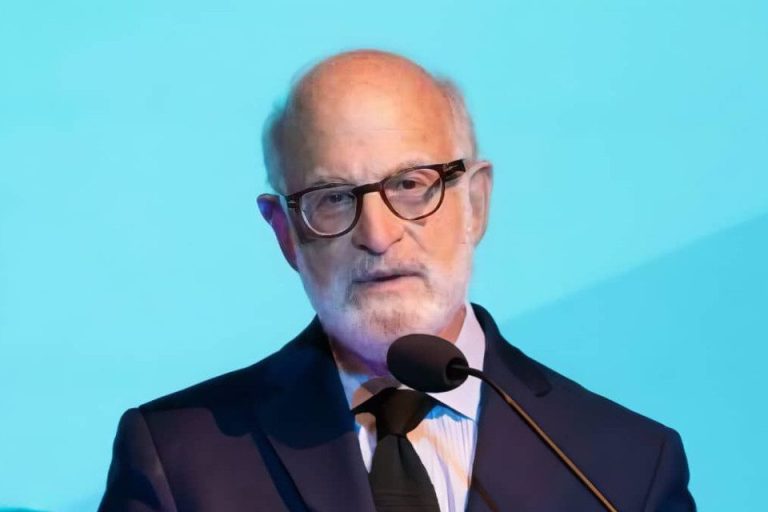The Fellowships at Auschwitz for the Study of Professional Ethics (FASPE) programme is now accepting applications for an intensive, two-week study programme in Germany and Poland, focused on professional ethics and ethical leadership, designed for graduate students and early-career professionals.
FASPE is neither a Holocaust studies course nor a genocide prevention programme. Rather, the curriculum is designed to challenge Fellows to critically examine constructs, current developments, and issues that raise ethical concerns in their professions, particularly in contemporary settings in which they work.
FASPE Journalism Fellows examine the motivations and conduct of German and international journalists in promoting or misreporting Nazi policies. FASPE then draws on these historical examples to help Journalism Fellows grasp their role and responsibility as individuals with influence in their communities, and to encourage them to identify and confront the ethical issues currently facing journalists and media institutions at large.
Each year, FASPE Journalism awards fellowships to 13 to 16 journalism students and early-career journalists. Fellows spend two weeks in Berlin and Poland, where they visit key sites of Nazi history and participate in daily seminars led by specialised faculty. The programme couples the power of place with academic rigour and many informal opportunities for creative exchange.
FASPE draws on a large pool of applicants, whose diverse backgrounds and interests enrich discussions both inside and outside the seminar room. Journalism Fellows travel with medical and clergy Fellows, allowing them to broaden their understanding of the role of professionals over shared meals and activities, and in several interdisciplinary seminars. FASPE Fellowships are fully funded so that financial ability does not affect participation.
Interested applicants must be interested in journalism as a career and fit into one of the following categories, have some journalistic experience (whether in a college newsroom or otherwise) and are enrolled in a graduate programme of any kind and planning to work as a journalist; have completed an undergraduate degree and are working as a journalist; or have completed a graduate degree and are working as a journalist.
Preference will be given to candidates who have journalistic work that has been published or aired by a recognised news organisation.
FASPE seeks Journalism Fellows who are preparing for or in the early stages of their career, with total professional experience generally not exceeding 10 years.
The fellowship programme seeks Fellows with diverse interests and backgrounds, including those pursuing careers as reporters, editors, photojournalists, documentarians, or other forms of storytelling, in local, national, or international contexts.
In addition to Fellows who are interested in engaging in discussions with their co-Fellows and faculty, and who have the intellectual and emotional maturity to unpack difficult and controversial issues responsibly and respectfully in small group settings.
Fellows will be selected on the basis of their academic background, personal and professional experiences, capacity for leadership and ability to contribute to the programme and the alumni community.
The Fellowship has two programmes, the Business, Law, Design and Technology programme, which runs from May 22, 2026, to June 5, 2026; and the Medicine, Clergy and Religious Leaders, Journalism programme, which runs from June 19, 2026, to July 3, 2026.
Application components needed for consideration for the fellowship include an online form on Submittable, a resume, a transcript, a short essay, and letters of recommendation.
Application deadline for 2026 Fellowship Programmes is January 4, 2026, at 11:59 pm EST.
Interested applicants should please visit: https://www.faspe-ethics.org/how-to-apply/ for guidelines on how to apply.
For questions, please contact applications@faspe-ethics.org.





